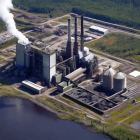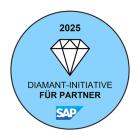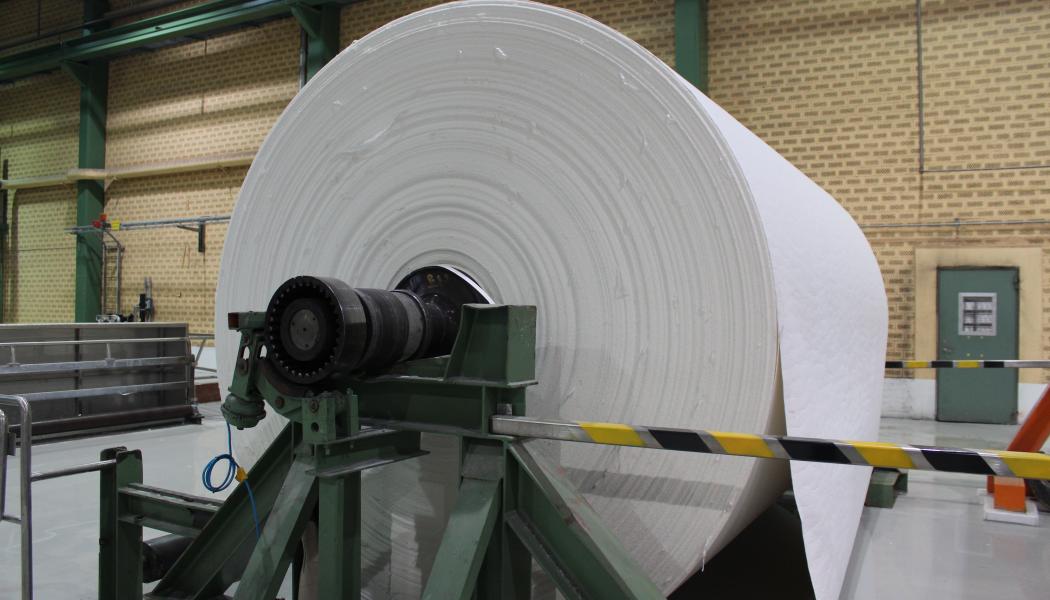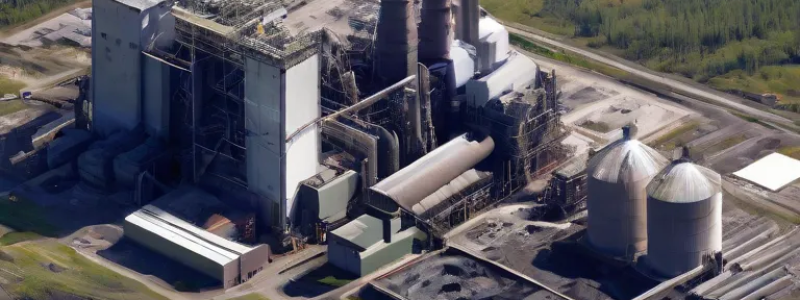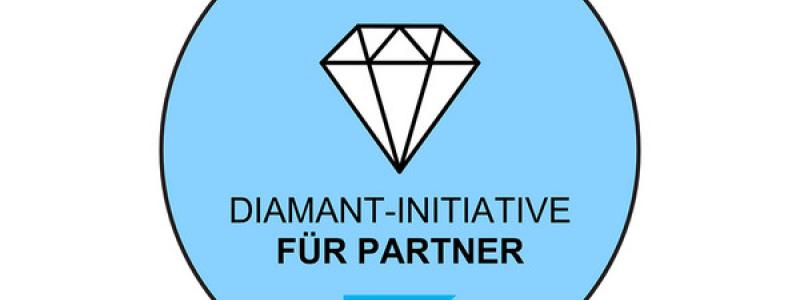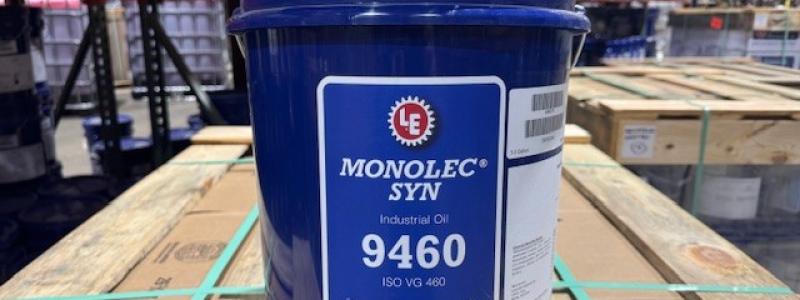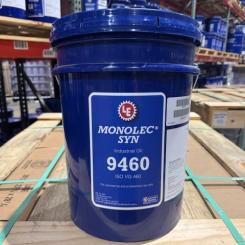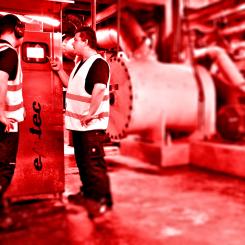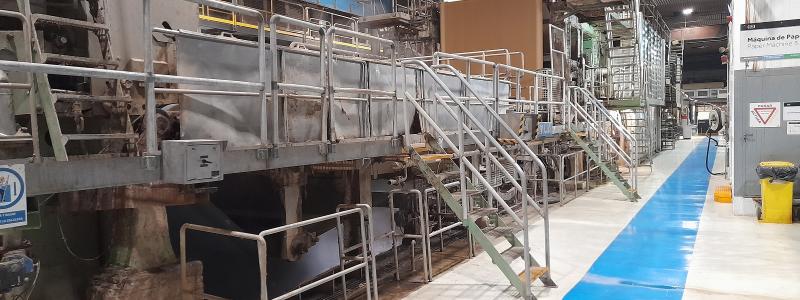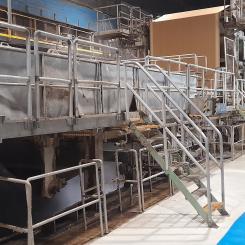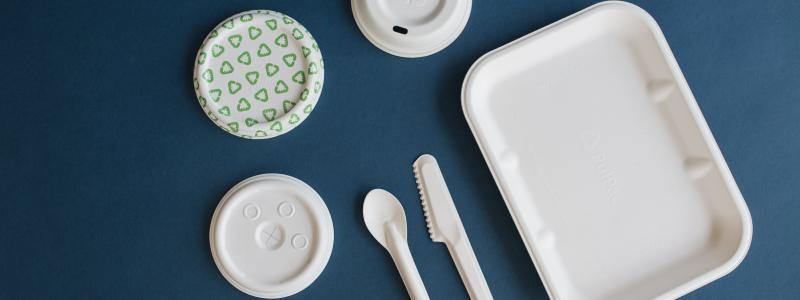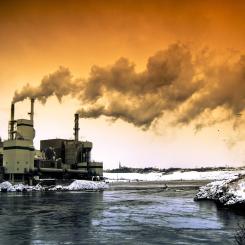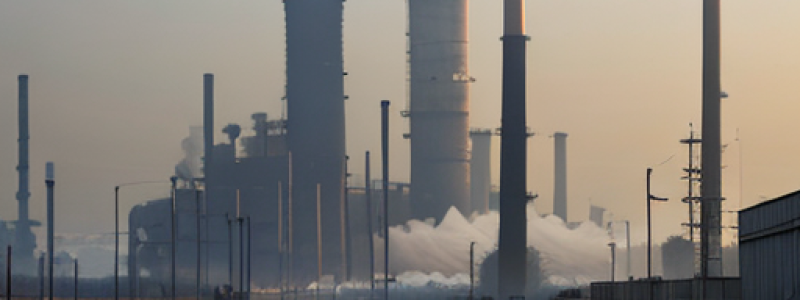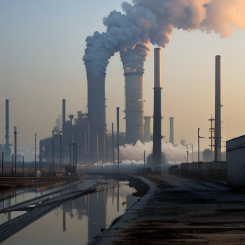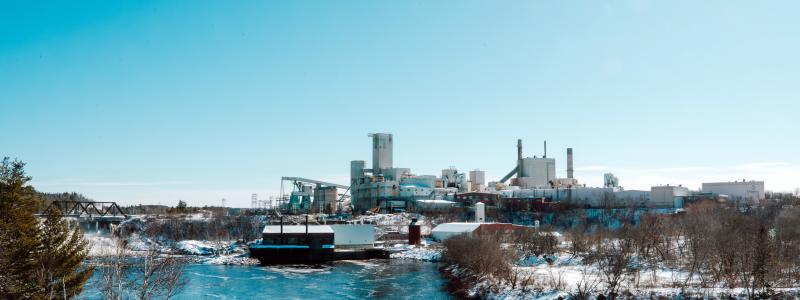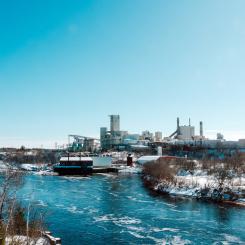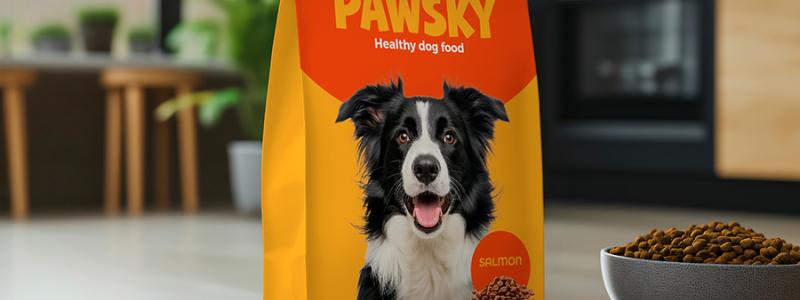Georgia-Pacific's Big Island containerboard facility in Virginia earned its first EPA ENERGY STAR® Certification for energy efficiency this year. The facility joins two other Georgia-Pacific facilities – Brewton containerboard in Brewton, Alabama, and Leaf River Cellulose in New Augusta, Mississippi in earning this prestigious recognition for environmental stewardship.
Select manufacturing plants located in the U.S. and its territories and Canada can earn ENERGY STAR® certification by achieving an ENERGY STAR® score of 75 or higher using an industry-specific ENERGY STAR® Energy Performance Indicator (EPI) benchmarking tool. The EPIs measure a plant’s energy performance and compare it to that of similar plants nationwide, generating an ENERGY STAR® score on an EPA scale of 1 to 100. The program, launched in 1992, encourages organizations to improve energy efficiency, which not only helps the bottom line, but also the environment.
The Big Island mill scored higher than 80 on the EPA scale, placing itself in the top percentile. The team at the facility have instituted a disciplined approach to energy management. This approach includes continuous monitoring of the operation to evaluate energy efficiency, reducing its energy use by 10% over five years, and eliminating waste.
“We’re very proud of the team in earning the EPA’s ENERGY STAR® certification,” said Eldon Brammer, vice president and general manager at the Big Island mill. “We recognize the importance of starting with renewable materials, utilizing recycled materials, minimizing waste in our operations, and improving our efficiency and environmental performance. We’re glad to see the EPA recognize these efforts.”
Georgia-Pacific's Environmental Stewardship framework focuses on improving efficiencies, eliminating waste, and driving conservation activities that leave more resources available to satisfy other needs in society. The Big Island team used this framework in establishing its environmental stewardship initiatives, and relied on its employees, who used their comparative advantage to create and maintain disciplined processes at the facility.
In 2023, the Big Island facility also earned its Wildlife Habitat Conservation Certification® from The Wildlife Habitat Council (WHC) for two additional years. Certified by WHC since 2011, the facility has facilitated research efforts on the American chestnut tree and maintained pollinator gardens and a food plot for white tailed deer. Its conservation efforts have increased growth in the number of white tailed deer, bear, wild turkey, and bobcats because of the plentiful nutrients available.
Source:gp.com

